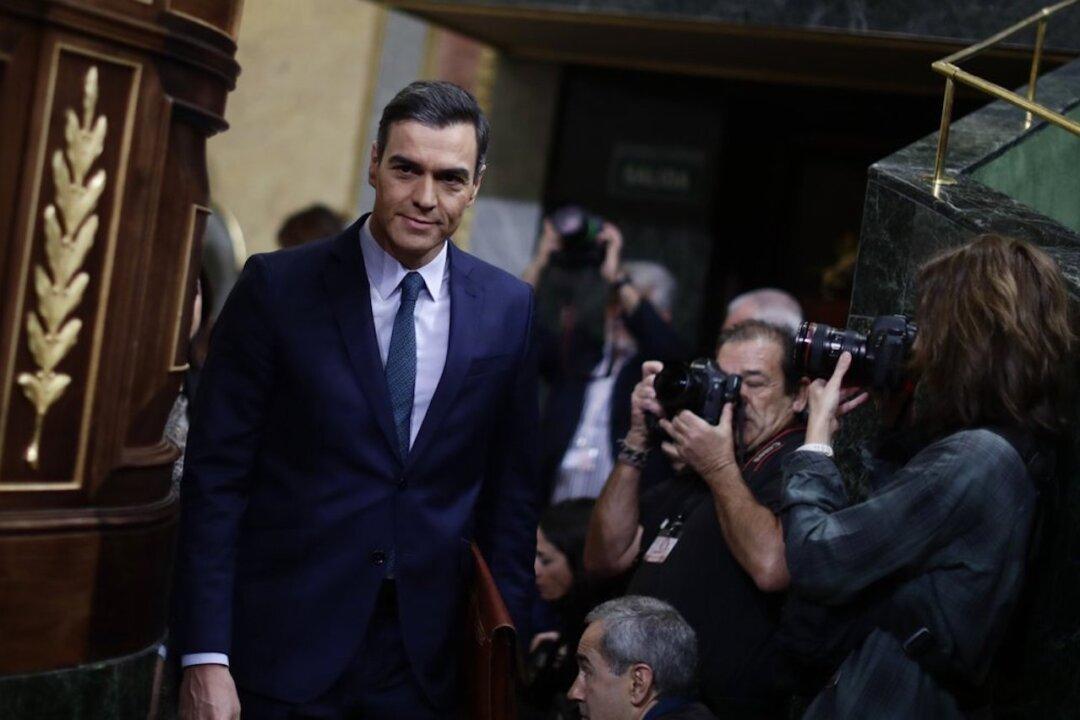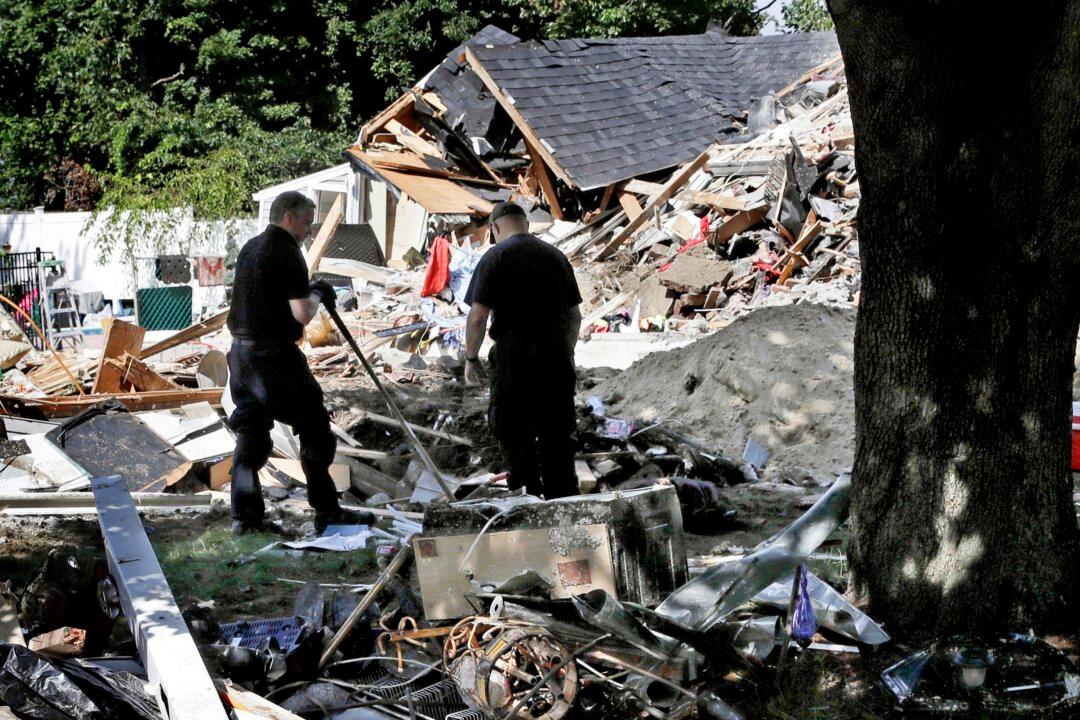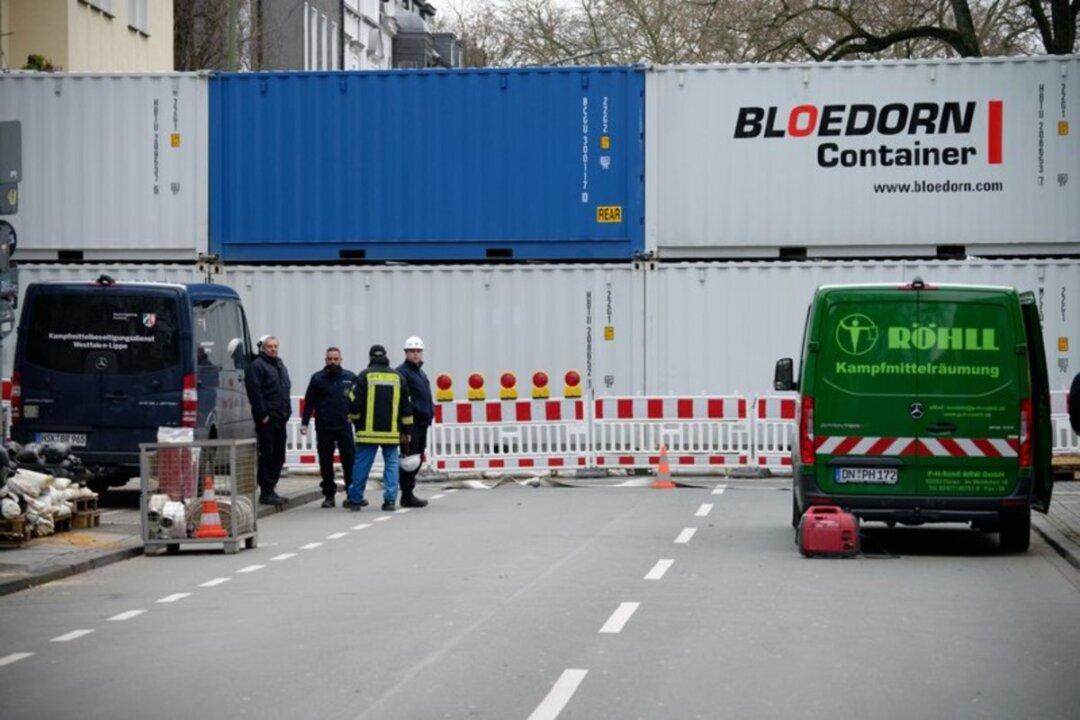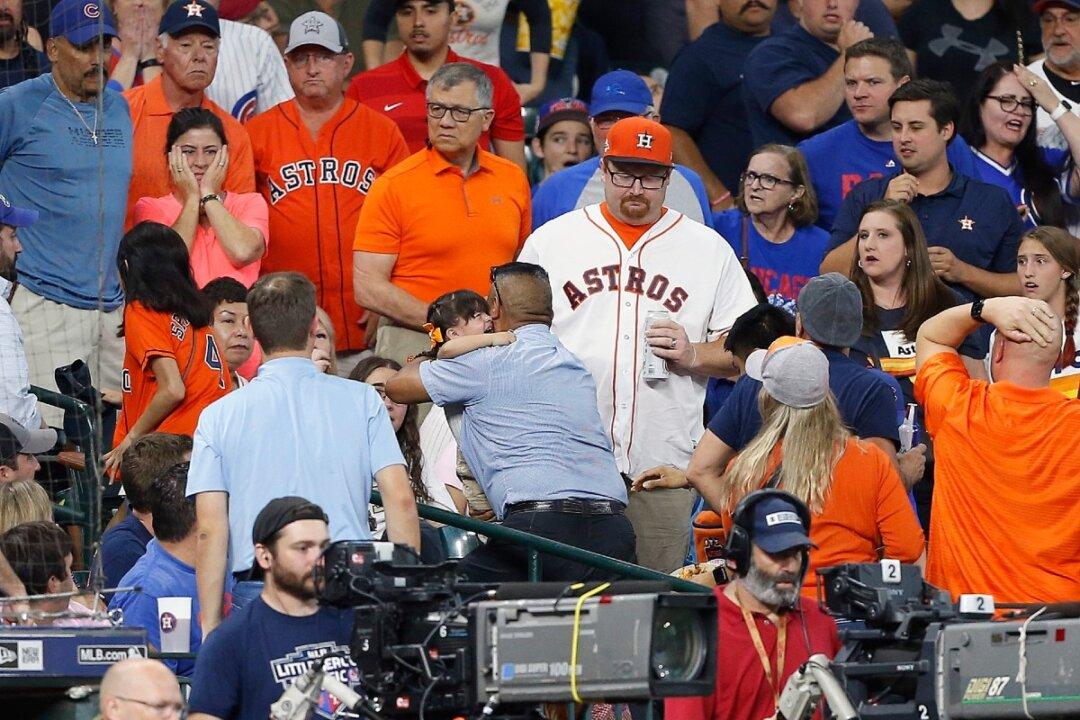Spain’s interim Prime Minister Pedro Sánchez failed Sunday to get parliament’s backing to form a left-wing coalition government. He will have a second and final chance on Tuesday, when the threshold for success is lower because only a simple majority of more votes for than against is required.
If Sánchez gets the support needed to form a coalition government of his center-left Socialists and the United We Can Party (Unidas Podemos), it would be Spain’s first coalition government since the death of Spanish dictator Francisco Franco Bahamonde in 1975.
Before the vote, Sánchez told the parliament: “Let us make this legislature a re-vindication of the best policies, of the best hopes.”However, he received only 166 votes out of assembly’s total 350-seat, 10 votes short of the 176 votes required to win the absolute majority in the house. A total of 166 lawmakers voted “Yes” while 165 voted “No.”




